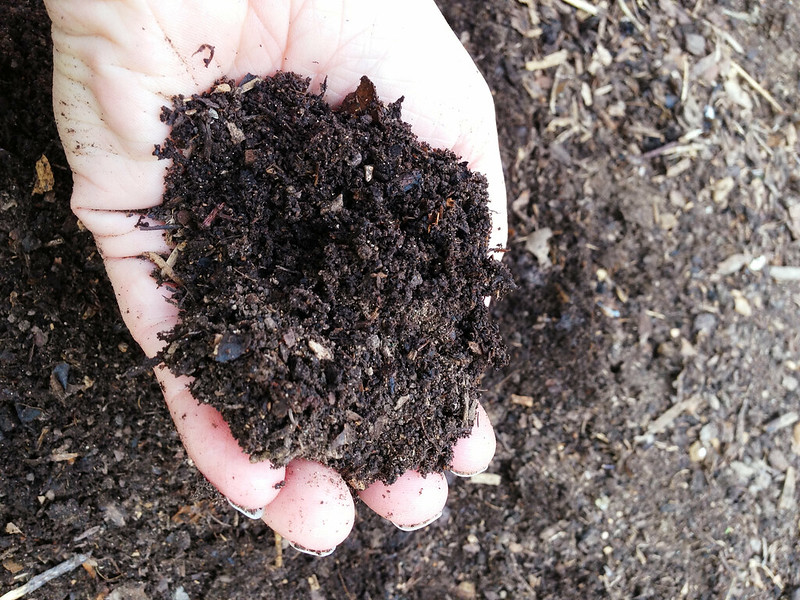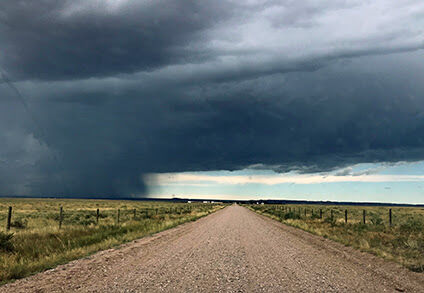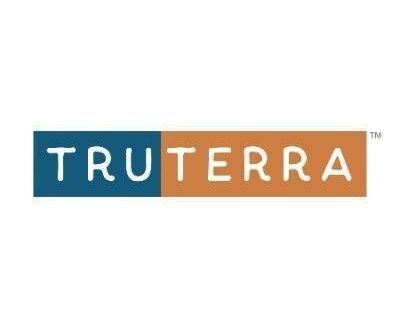Compost can offer many advantages and disadvantages
Compost has a reputation for nourishing soils, but large- and small-scale growers should consider its benefits and risks before solely depending on it for key nutrients.
Compost is a great tool for those wishing to recycle materials and reduce waste, among its other benefits.
“Compost has a lot of advantages,” said Matt Bertucci, assistant professor of horticulture for the University of Arkansas System Division of Agriculture. “It stimulates soil biological activity by introducing beneficial soil microbes, adds soil organic matter and serves as a slow-release source for nutrients at low levels.”
However, those low levels of nutrients mean compost cannot be depended on as a replacement for much-needed fertilizer.
“Compost can rarely be used as a sole source of nutrients without putting on literal tons of that material, or supplementing it with something else,” Bertucci said. “Handling the quantities needed can be difficult and requires different types of equipment. You need some sort of vessel to distribute the material across your site.”
Bertucci also said growers should be wary of the potential presence of noxious weed seeds or even herbicides in compost.
“This is a big red light, flashing ‘warning’ about the risks of the compost source,” he said. “Many of our county agents have seen instances of compost material that had vegetation that had previously been treated with herbicides.”
Understanding the supply chain of a chosen compost is important. Compost that includes material from pasture and hay fields, commercial turf and lawns, and commercial vegetables and fruits should be used cautiously. These production systems have registered chemicals that could make compost a hazard. Those concerned about herbicide presence in their compost can run a bioassay, a test which involves planting seeds in the compost and monitoring them for affect from potential herbicide contaminants.
However, it’s important to keep in mind that compost does offer several benefits when used appropriately.
“The compost process offers us a lot of great things,” Bertucci said. “But it is best used in small-scale operations with caution and not as a sole source of much-needed nutrients.”
Those interested can have their compost nutrient levels tested by contacting their local county agent.
To learn about extension programs in Arkansas, contact your local Cooperative Extension Service agent or visit www.uaex.uada.edu. Follow us on Twitter and Instagram at @AR_Extension. To learn more about Division of Agriculture research, visit the Arkansas Agricultural Experiment Station website: https://aaes.uada.edu/. Follow on Twitter at @ArkAgResearch. To learn more about the Division of Agriculture, visit https://uada.edu/. Follow us on Twitter at @AgInArk.




